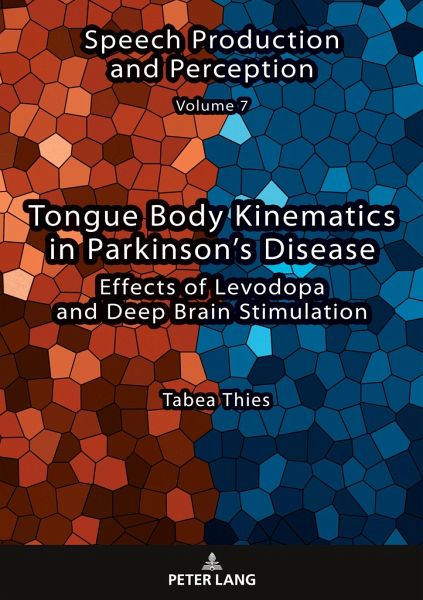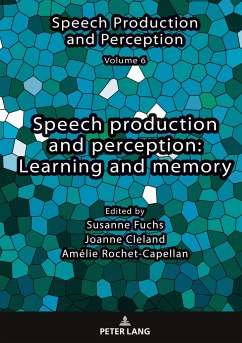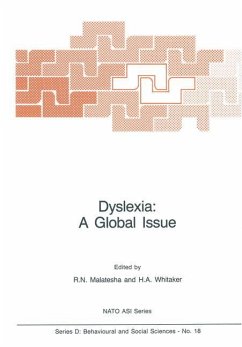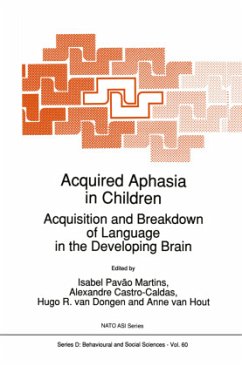
Tongue Body Kinematics in Parkinson's Disease
Effects of Levodopa and Deep Brain Stimulation
Herausgegeben: Fuchs, Susanne
Versandkostenfrei!
Versandfertig in 6-10 Tagen
59,95 €
inkl. MwSt.

PAYBACK Punkte
0 °P sammeln!
Pakinson's disease affects not only gross motor but also speech motor control. Standard treatment options are drug treatment with levodopa and surgical treatment with deep brain stimulation. While both treatments are effective for gross motor symptoms, it is yet to be fully understood how speech responds to levodopa and deep brain stimulation. This book investigates the effect of both treatment options on the kinematic, acoustic and perceptual levels in the same group of speakers with Parkinson's disease for the first time.This book has been awarded the Offermann-Hergarten prize 2024 for outst...
Pakinson's disease affects not only gross motor but also speech motor control. Standard treatment options are drug treatment with levodopa and surgical treatment with deep brain stimulation. While both treatments are effective for gross motor symptoms, it is yet to be fully understood how speech responds to levodopa and deep brain stimulation. This book investigates the effect of both treatment options on the kinematic, acoustic and perceptual levels in the same group of speakers with Parkinson's disease for the first time.
This book has been awarded the Offermann-Hergarten prize 2024 for outstanding achievements by early-career researchers at the Faculty of Arts and Humanities of the University of Cologne.
This book has been awarded the Offermann-Hergarten prize 2024 for outstanding achievements by early-career researchers at the Faculty of Arts and Humanities of the University of Cologne.












